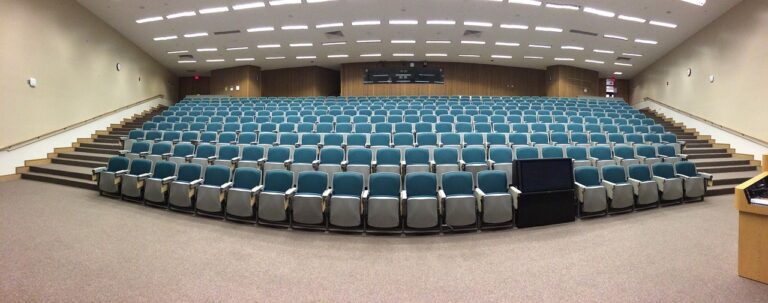The Benefits of Culturally Responsive Teaching in Adult Career and Technical Education (CTE) Settings
Culturally responsive teaching is a pedagogical approach that recognizes the importance of integrating students’ cultural backgrounds into the learning process. By incorporating diverse cultural perspectives into lesson plans and instructional strategies, educators can create a more inclusive and engaging learning environment for all students. This approach emphasizes the value of understanding and appreciating the cultural differences and experiences of each student in the classroom.
One key principle of culturally responsive teaching is the promotion of positive cultural identity development. This involves validating and affirming students’ cultural backgrounds, experiences, and identities. By acknowledging and celebrating the diversity of students’ cultural identities, educators can help foster a sense of belonging and pride among students from different cultural backgrounds. This, in turn, can lead to increased engagement, motivation, and academic achievement among all students.
Understanding the Importance of Cultural Competence in Adult CTE
Cultural competence plays a crucial role in adult Career and Technical Education (CTE) settings. It involves educators acknowledging and respecting the diverse backgrounds, experiences, and perspectives of their adult learners. By being culturally competent, instructors can create a supportive and inclusive learning environment where all individuals feel valued and understood.
Moreover, cultural competence in adult CTE helps to bridge the gap between different cultural backgrounds and educational experiences. It enables educators to tailor their teaching methods and materials to meet the unique needs and preferences of adult learners from various cultural backgrounds. This approach not only enhances the learning outcomes for all students but also fosters mutual respect and understanding among individuals from different cultural backgrounds.
Creating Inclusive Learning Environments in Adult CTE Settings
In adult Career and Technical Education (CTE) settings, creating inclusive learning environments is essential for promoting student success. This involves valuing diversity and incorporating various cultural perspectives into the curriculum. By recognizing and respecting the different backgrounds and experiences of adult learners, educators can foster a sense of belonging and acceptance in the classroom.
One way to promote inclusivity in adult CTE settings is by incorporating culturally relevant teaching practices. This includes using culturally diverse examples, materials, and instructional strategies that resonate with the experiences of all learners. By acknowledging and celebrating the cultural assets that students bring to the learning environment, educators can create a more dynamic and engaging educational experience for everyone involved.
Culturally relevant teaching practices are essential for promoting inclusivity in adult CTE settings
Using culturally diverse examples, materials, and instructional strategies can resonate with the experiences of all learners
Acknowledging and celebrating the cultural assets that students bring to the learning environment fosters a dynamic and engaging educational experience
What are some key principles of culturally responsive teaching in adult CTE settings?
Some key principles include recognizing and valuing the diversity of learners, promoting inclusivity and equity, building positive relationships with students, and incorporating culturally relevant content and teaching strategies.
Why is cultural competence important in adult CTE settings?
Cultural competence is crucial in adult CTE settings because it helps educators understand and respond to the unique cultural backgrounds and needs of their students, ultimately creating a more inclusive and supportive learning environment.
How can educators create inclusive learning environments in adult CTE settings?
Educators can create inclusive learning environments by incorporating diverse perspectives and experiences into their curriculum, fostering a sense of belonging and respect among students, providing support for individual learning styles and needs, and promoting collaboration and mutual understanding among learners.







